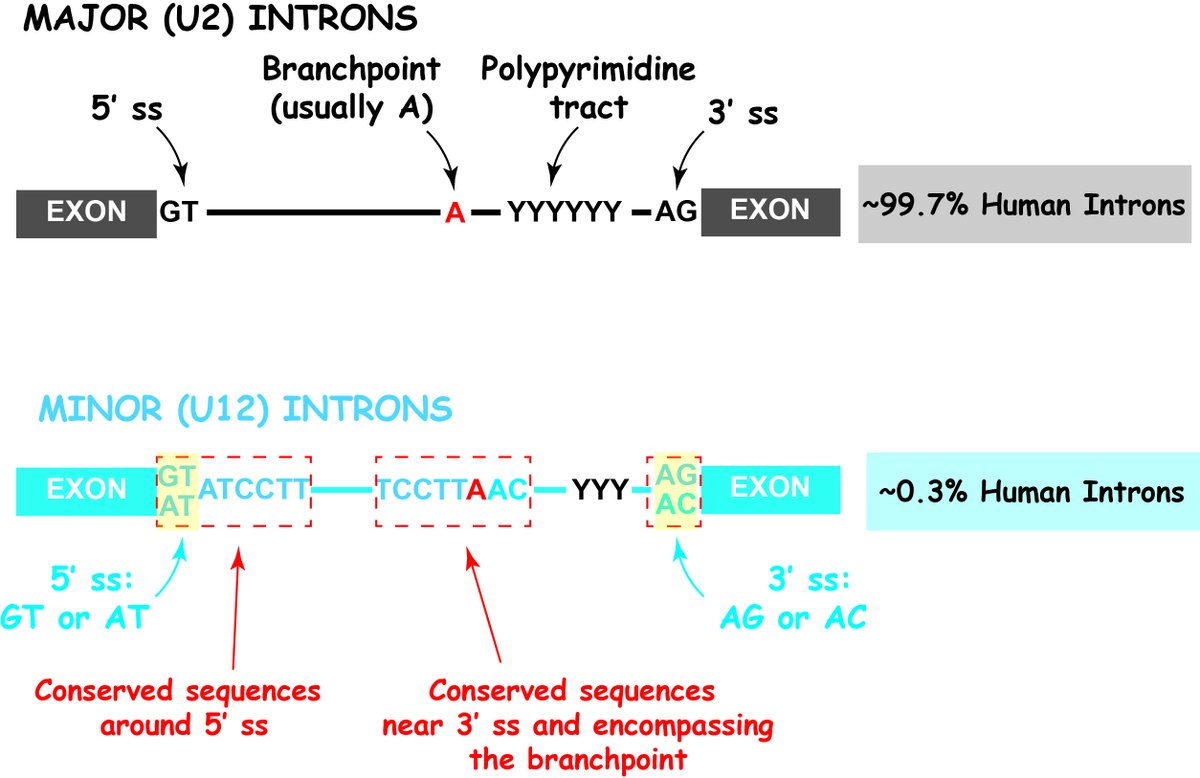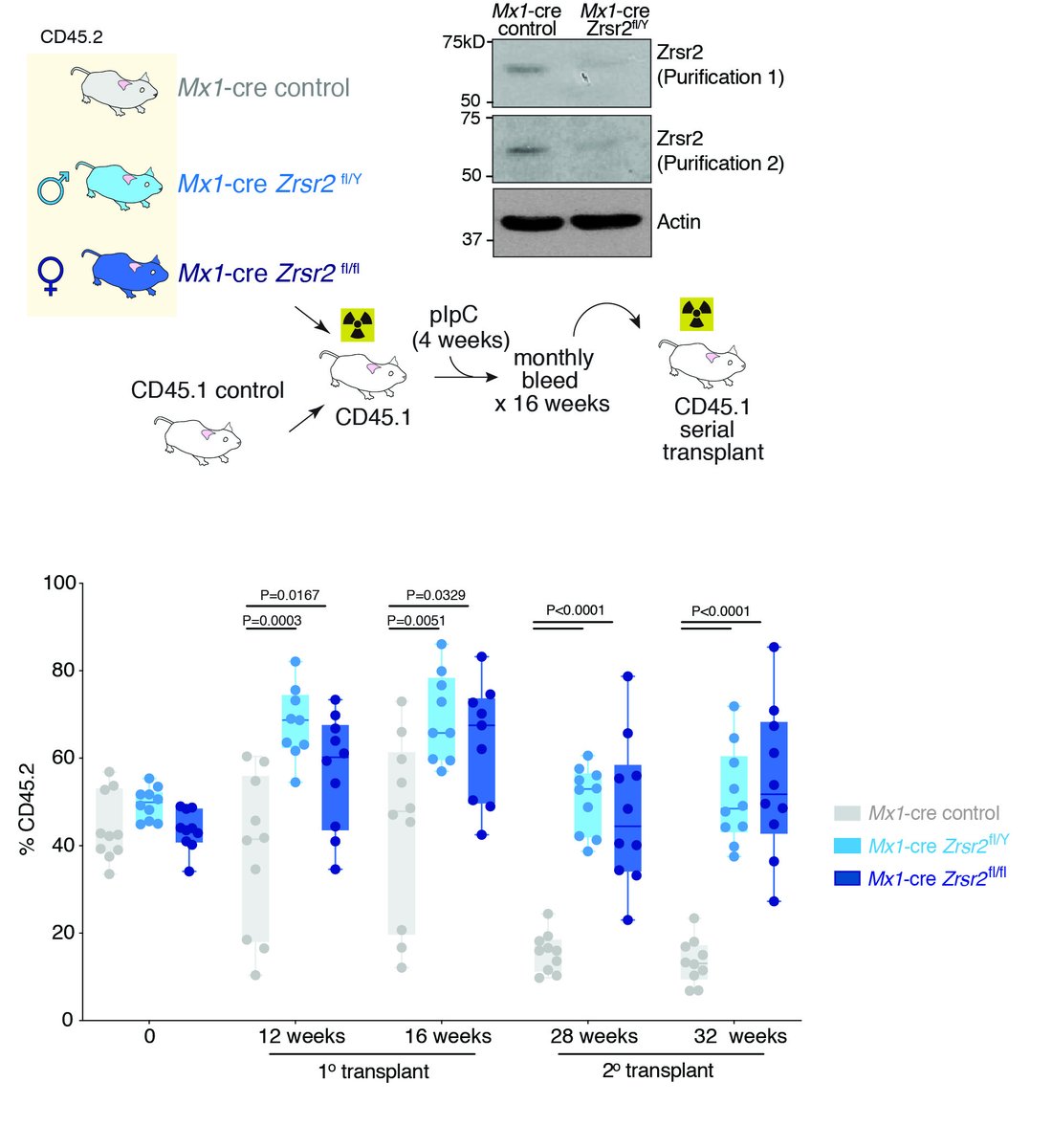It is a pleasure to announce our publication in @NEJM discovering resistance to non-covalent BTK inhibitors in patients with CLL. A collaborative effort with @anthonymatomd and @TaylorJ_MD led by @ewang2323, Xiaoli Mi, and @MCThompsonMD. nejm.org/doi/full/10.10…
Non-covalent BTK inhibitors are promising therapies for CLL patients as they overcome the BTK C481 mutations which cause resistance to covalent BTK inhibitors such as ibrutinib. Previously however, resistance mechanisms to non-covalent BTK inhibitors in patients were unknown. 

Thanks to @anthonymatomd leadership in trials of pirtobrutinib (thelancet.com/article/S0140-…), we applied bulk & single cell genomic assays (thank you @MissionBio) to identify acquired BTK mutations outside of the C481 residue, associated with clinical resistance to pirtobrutinib. 

Importantly, some of the BTK mutations identified result in resistance across non-covalent & covalent BTK inhibitors. These data therefore have important implications for sequencing and order of BTK inhibitors. 

Intriguingly all of the BTK mutants seen cluster in the kinase domain of BTK but some are associated with impaired phosphorylation of BTK’s Y223 autophosphorylation site & downstream substrate PLCG2 – despite enabling continued B-cell receptor signaling. 

We are now working to address the mechanistic roles of BTK mutations which nominally appear to disable BTK’s kinase activity. Finally, with @iannisaifantis1 & @DrMattWit we found intriguing potential roles for the immune microenvironmente & BTKi resistance that we are pursuing. 

Thanks to @sloan_kettering and @SylvesterCancer for their support.
• • •
Missing some Tweet in this thread? You can try to
force a refresh









